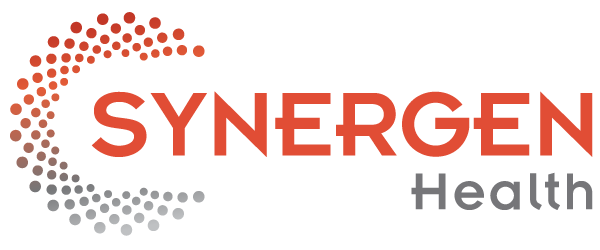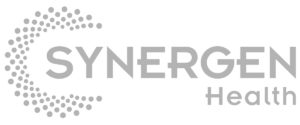 As the coronavirus (COVID-19) continues to grip headlines from coast to coast, the Centers for Medicare & Medicaid Services and the U.S. government are working to assist state and local agencies and providers with combatting the infection. In addition to the $8.3 billion spending bill passed by Congress, CMS developed new billing codes which will better equip clinical laboratories and other providers to bill for lab tests, supporting testing, tracking of new cases and telemedicine.
As the coronavirus (COVID-19) continues to grip headlines from coast to coast, the Centers for Medicare & Medicaid Services and the U.S. government are working to assist state and local agencies and providers with combatting the infection. In addition to the $8.3 billion spending bill passed by Congress, CMS developed new billing codes which will better equip clinical laboratories and other providers to bill for lab tests, supporting testing, tracking of new cases and telemedicine.
This is a positive step forward, as it better enables providers to reduce revenue loss and boosts health care access for patients, but health practices across the U.S. still need to take a step back and ensure their internal processes and administrative workflows are prepared for the coming weeks and months. By quickly reviewing and planning at a fundamental level, these practices will be better prepared to address any challenges that COVID-19 throws at them. Here are four ways providers can begin to prepare:
- Practical Business Continuity Plan
First and foremost, it is important for leaders to address their business continuity plan now. As health care providers will have direct contact with patients experiencing symptoms, it’s important that the proper steps are taken to limit and protect other patients and themselves from exposure. Additionally, it’s critical to ensure they will have the support staff necessary to carry out operations as normal, including patient care and reimbursement practices.
- Vendor and Third-Party Partner Support
As providers are checking their own business continuity plans, they will also want to make sure key vendors and third-party partners have the infrastructure in place to address key areas of concerns in the coming weeks and even months. This includes medical suppliers (gloves, masks, other supplies), revenue cycle partners and system providers, who are key to maintaining the practice’s operations.
- Optimizing Administrative and Central Office Processes
Streamlining administrative procedures such as pre-visit and post-care billing processes can also help health care providers reduce further contamination. By having patients fill out required administration forms prior to their appointments, practices can increase operating efficiency and reduce the potential spread of the infection.
- Telehealth
By utilizing telehealth, providers can expand access to care as it could be challenging for patients to seek in-person care during this time. Telemedicine also provides a community health service for people who may already have symptoms to prevent additional and unnecessary spread of the infection.
By taking these steps now, providers can ensure they’re prepared for the potential influx of claims that could be associated with the coronavirus. Being able to continue business as usual by minimizing potential disruptions will alleviate the straining of health care resources and allow those that need health care the necessary assistance to obtain it.

